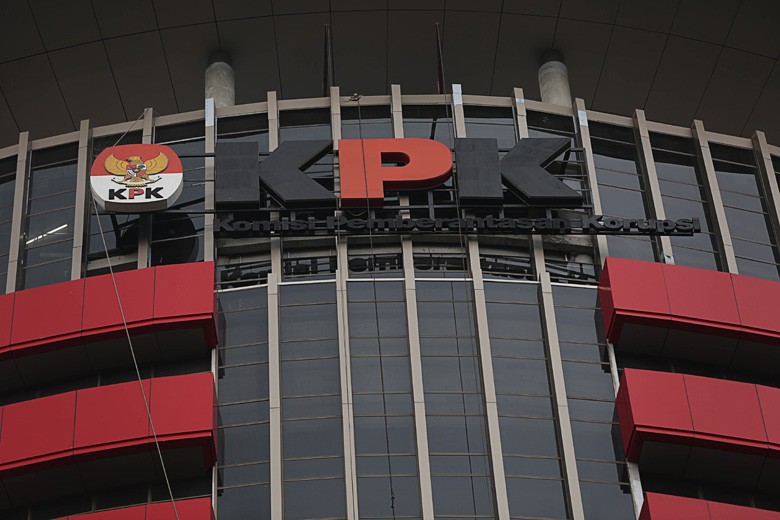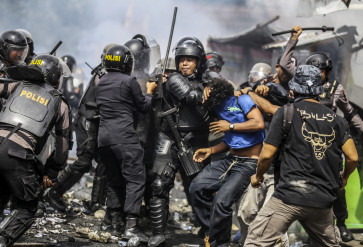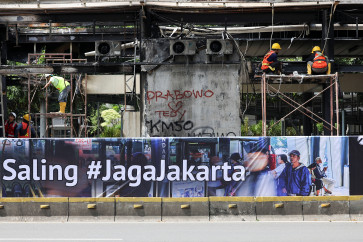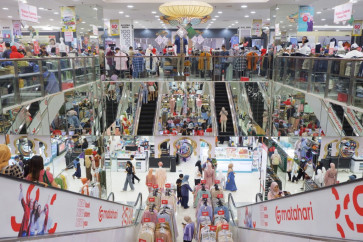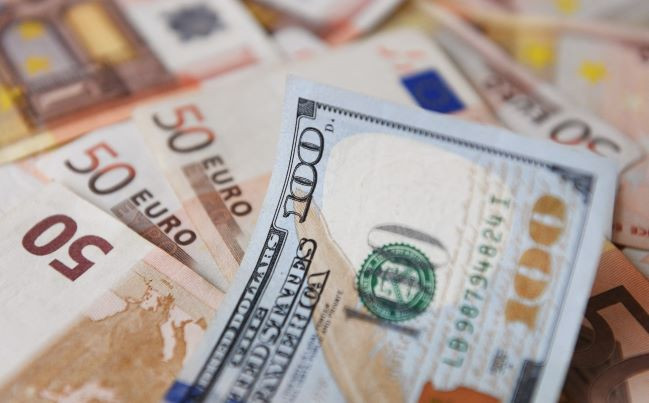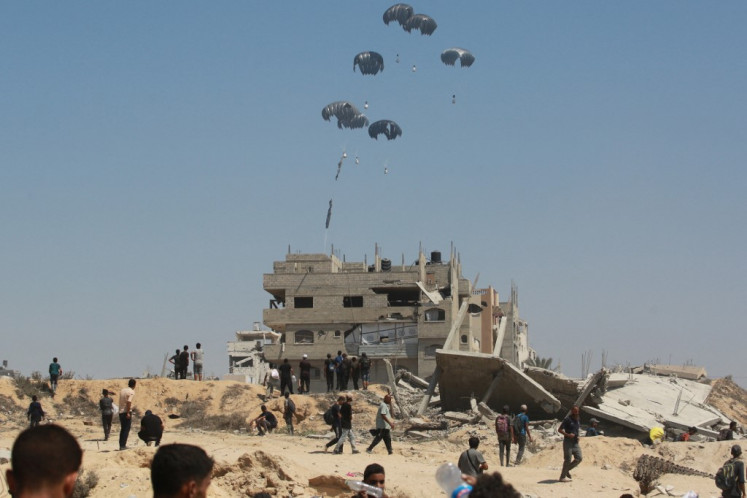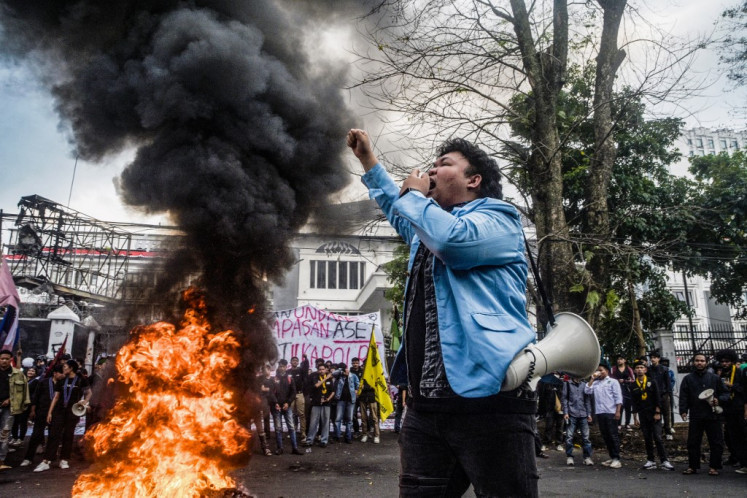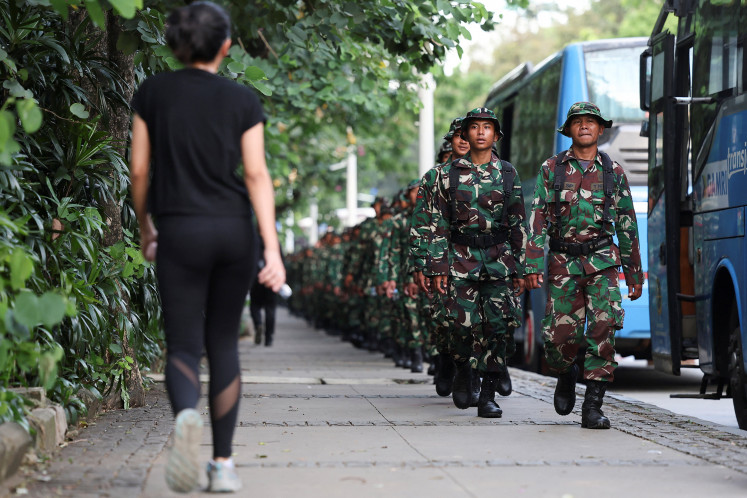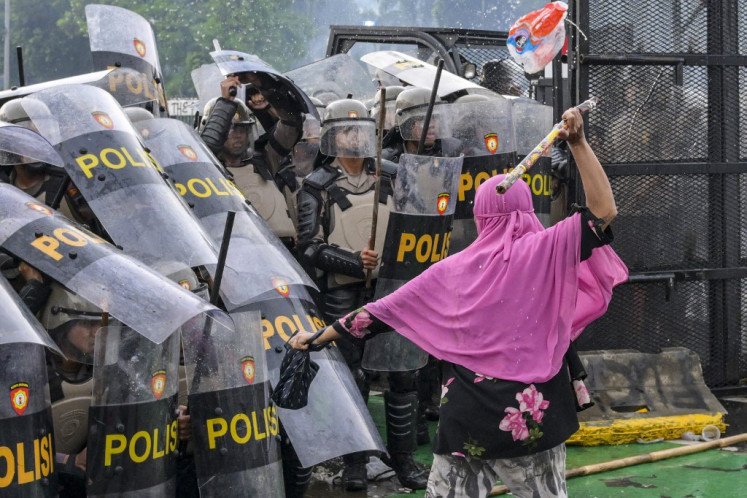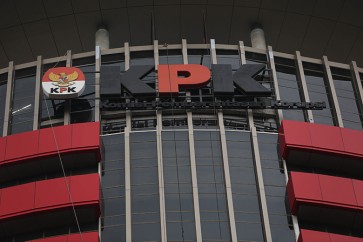Popular Reads
Top Results
Can't find what you're looking for?
View all search resultsPopular Reads
Top Results
Can't find what you're looking for?
View all search resultsUnderstanding things we don't know about graft
According to the World Economic Forum’s 2016-2017 Global Competitiveness Report, the two most problematic factors for doing business in Indonesia were corruption and inefficient government bureaucracy.
Change text size
Gift Premium Articles
to Anyone
T
he alarming number of regional heads arrested or prosecuted for corruption has raised many questions about the efficacy of the current anti corruption initiatives in Indonesia. Recent cases include those involving the Klaten regent in Central Java, who was arrested by the Corruption Eradication Commission (KPK) last December in a sting operation.
The arrest occurred just two months after she signed a joint commitment on anti corruption coordination and supervision together with other mayors and regents in Central Java along with the Central Java governor and a KPK deputy chair during a meeting in Semarang.
In total, 11 heads of regions (including a governor) were arrested by the KPK for alleged corruption in 2016.
On Feb. 15, 2017, millions of Indonesians cast their votes in 101 regional elections throughout the country, including in the capital city of Jakarta.
Each time such large events are held a number of major issues are discussed in multiple forums and media by a range of experts, including money politics and vote-buying practices, patrimonialism, political dynasties, just to name a few.
At the center of these discussions is the possibility that the newly elected leaders will become part of future corruption problems in Indonesia.
In the World Economic Forum’s 2016-2017 Global Competitiveness Report, Indonesia was ranked 41st, a drop of four places from the previous year despite a number of reforms to its business environment.

